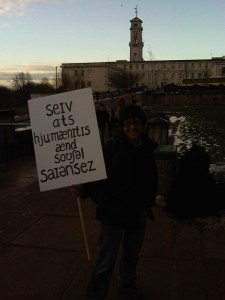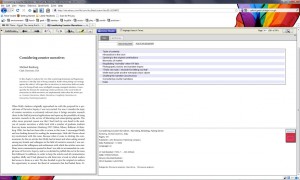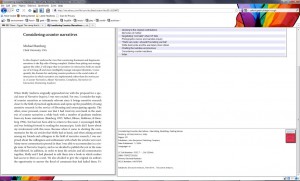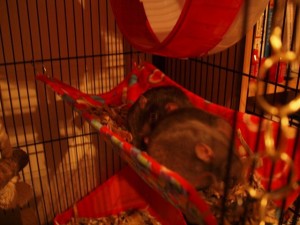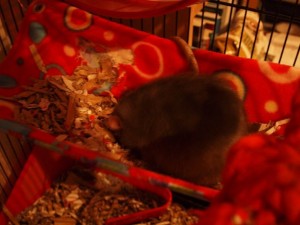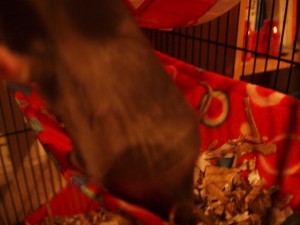Today I went to the Religion, Youth and Sexuality conference at the University of Nottingham. I’ve been closely involved with a the project but not as a researcher – as a participant. I answered a questionnaire which was followed up with an interview, then they deemed me sufficiently interesting to keep a video diary for a week.
It was a really interesting opportunity – firstly, as a researcher, it was a valuable experience seeing how other people in a different field and with a different theoretical and methodological background conducted research. Secondly, and somewhat unexpectedly, it was valuable as a participant. I went into the project thinking that I’d do some people a favour – they needed people to fill out their questionnaire and as a researcher, I like helping other people out with their research. Part of this is blatant and unfettered curiosity, part of this is the acknowledgement that research often depends on people willing to fill out questionnaires and one day, I might be soliciting data in that way. Part of my special interest in this project was the chance to get some representation; I do not see people like me represented in papers or magazines or TV, and perhaps my participation would help address that.
What followed really pushed me into thinking about how I conceptualised religion and sexuality and forced me to examine my beliefs. Sometimes the best way to sort things out in your own head is to talk to someone else; the questions were never intrusive or aggressive but I found myself reexamining things and realising that, for example, no, I didn’t actually have a problem with X but actually Y was a really important issue for me. It made me think through the various inconsistencies and really try to reconcile sometimes very different beliefs and attitudes. I’d grown up keeping these two aspects of my life pretty separate but this was an arena where I could acknowledge these two facets of my identity and how they informed each other, think about the links between them. I wasn’t prepared for how validated this made me feel – not just in terms of acknowledgement and acceptance, but that my daily life was of interest to the research project and worth investigating.
When I volunteered as a participant, I wasn’t really expecting to gain much from it. Instead I found it an interesting and rewarding experience, so much so that I hope they get the funding to following us up in a few years.

